By now, you have likely heard about the new Tourism Tax that will be enforced starting next month. If you don’t already know the details, here’s a little background. The bill containing the Tourism Tax was proposed and subsequently passed in Parliament in April with a majority. There was some commotion about the mechanics of implementation and the reasons for proposing a tax in the first place when the bill was first presented, but in the end, it made it through and is now the law of the land.
However, even though the bill has become law, relevant industries are still unhappy with the new tax. A majority of tourism industry players, especially hotels, are against it as they feel the steep rates can only negatively impact the already weakening tourism market in the country.
This whole tax fiasco has also led to a public row between the Malaysian Minister of Tourism and Culture, Dato’ Seri Mohamed Nazri Aziz, and the Sarawak Tourism Minister, Datuk Abdul Karim Rahman Hamzah when the latter asked the government to defer implementation of the tax. That led to a heated response by Nazri which then escalated when Sarawak State withdrew their representative from the Malaysia Tourism Board. However, pulling out from Tourism Malaysia doesn’t equate to not implementing the tax. There seems to be a bit of a legal grey area right now on whether or not Sarawak can decline implementing the new tax.
Meanwhile in Sabah, the state Tourism, Culture, and Environment Minister, Datuk Seri Masidi Manjun, explained that although Sabah had opposed the bill for the Tourism Tax when it was initially proposed, the state has not rejected the tax just yet. This morning, Dato’ Seri Dr Ahmad Zahid Hamidi, the Deputy Prime Minister, said that the issue has been resolved following a cabinet meeting, reported The Star, and that both Sabah and Sarawak will be implementing the tax along with the rest of the country.
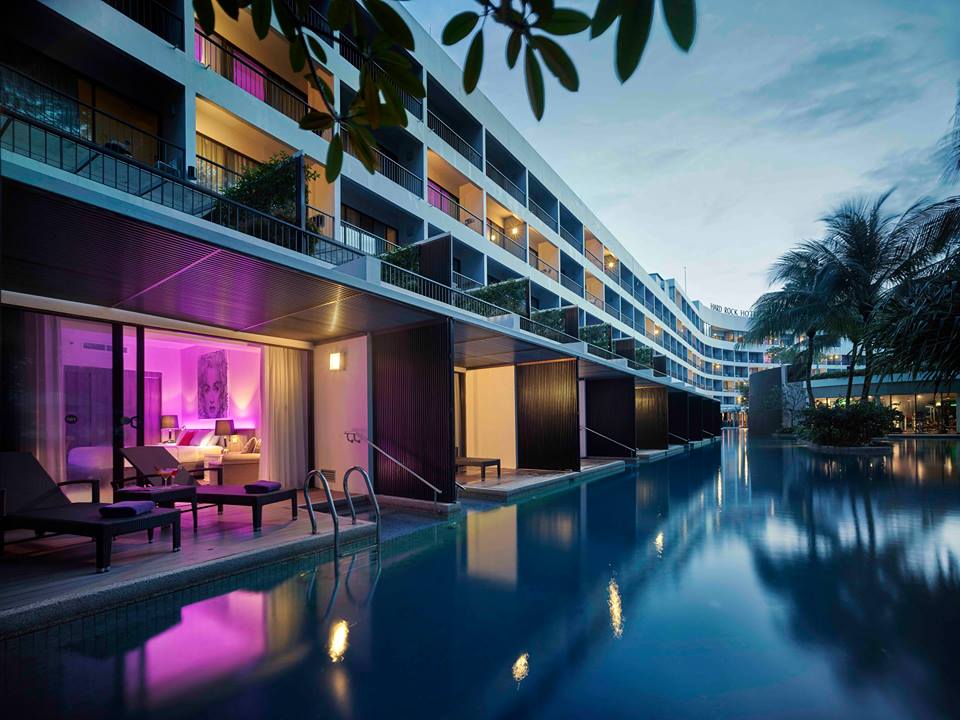
Either way, the issue remains that the tax will likely hurt the already-strained tourism industry. Neighbouring countries like Thailand and Indonesia may seize on this as a marketing opportunity to offer cheaper rates for visitors, not just for hotels but flights and cost of living (or holidaying) as well. So collecting money to promote tourism in Malaysia by taxing tourists is counterproductive.
This is especially true for the MICE (meetings, incentives, conventions, exhibitions) sector. Organisers of conventions and seminars will have to take into account the higher prices for hotel bookings, which is a big deal considering the fact that they usually require a significant number of rooms to house their attendees and delegates. On top of that, event attendees will have to pay more for their stay in Malaysia and that will also turn many people away. So not only do hotels lose business, the entire tourism sector will suffer as well when big events or conferences like this opt for cheaper locations like Bangkok.
On top of that, smaller accommodation premises are exempted from the tourism tax, including thousands of Airbnbs in Malaysia. The competition between hotels and Airbnb is only getting stiffer and now that people have to pay an extra fee to stay at a hotel, that gives them more reasons to opt for an Airbnb instead. Some people have also raised the issue of unregistered and unlicensed hotel operators who might not charge the tax and therefore remain cheap (and illegal) alternatives. On the other hand, these illegal operations might instead opt to charge their guests the tax and leave the government no way of collecting the tax from then since they’re unregistered. Either way, it’s worrying. Not only is there minimal support for a new tax, there’s also a lack of faith that the government will be able to properly implement and regulate it.
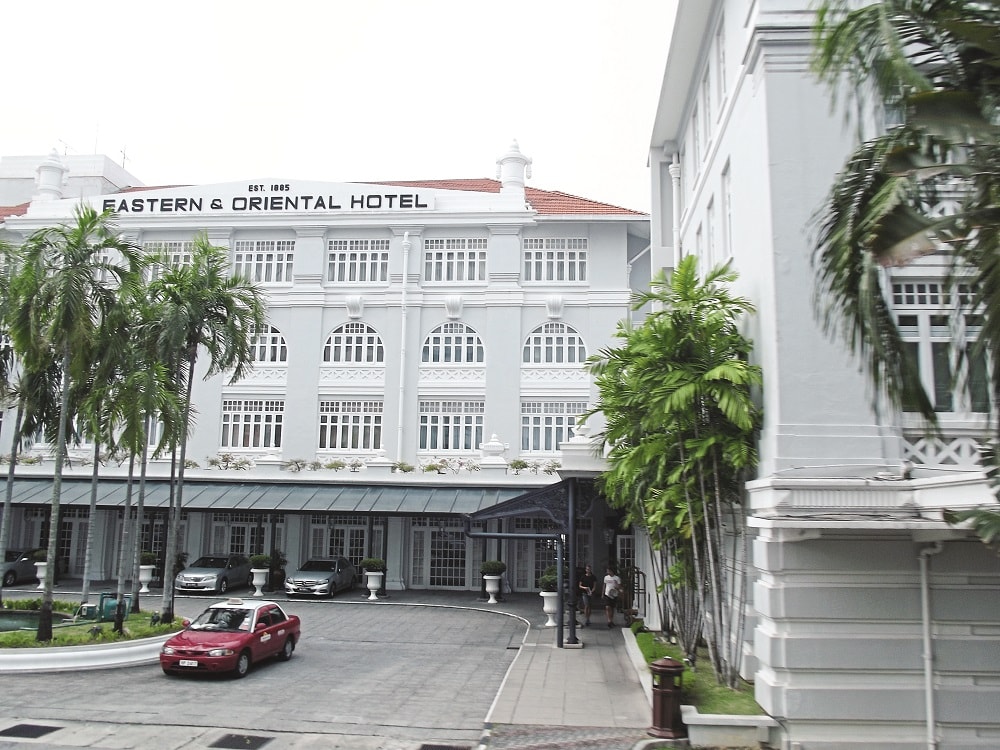
Adding to the sense of a bill that wasn’t really properly debated, the tourism tax was apparently initially meant to be levied on a per-person basis, which is frankly mind-boggling, especially when it comes to reporting or enforcing. Are the hotels to send someone around knocking on doors to ensure there are only two people in the room as stated at check-in, and not four? Fortunately, this ridiculous scheme was scrapped in favour of the per-room, per-night assessment. But it still has the chance of adding significantly to visitors’ accommodation bills.
Consider: if you’re staying in a five-star property, the tax is RM20 per room, per night. If you come in a group and take up three rooms for four nights, that’s an additional RM240, on top of the service and tax charges already levied. Some may argue, “Well, if they can afford four nights in a fancy hotel, they can afford an extra RM240!” – indeed, this was actually one of the arguments made by government officials when Langkawi passed its own tourism tax last year – but the broader point is, if you’re looking to have a large convention in Bangkok, Jakarta, or Kuala Lumpur, and you find that KL’s “tourism tax” will add a significant amount to your rooms bill, the only way you would choose KL over the other cities is if the room rates here were already substantially lower.
A cursory check shows that rates for a deluxe room in the same branded five-star hotel are closer than they once were, when comparing Jakarta, KL, and Bangkok. It’s difficult to compare apples to apples, of course, as large conventions often can negotiate with hotels to obtain better rates for large blocks of rooms. Nevertheless, it’s foolish to think event planners won’t take this RM20 per night, per room tax into account when making decisions.
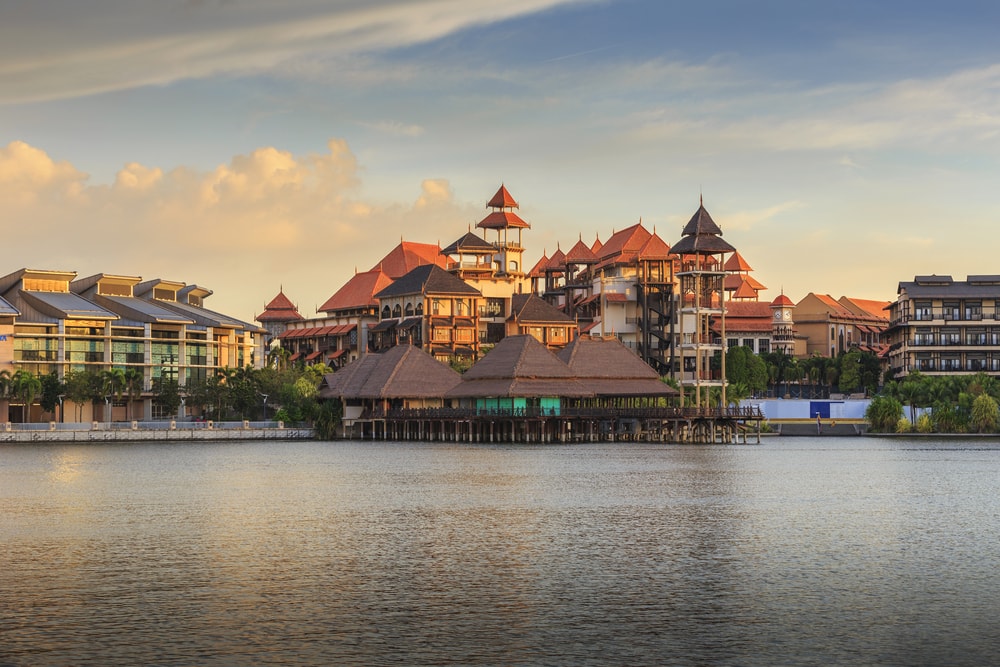
Another issue that we’ve raised before in our previous article on this tax is the possible double charge of levies in Penang, Langkawi, and Melaka – all with their own tourist tax system in place already. Minister of Tourism and Culture Nazri Aziz has said that states with their own levies on tourist accommodations will be requested to stop their collection once the new federal tax comes into effect to avoid duplicate charges. However, Penang’s Chief Minister Lim Guan Eng responded by announcing that that Penang will not be withdrawing its own tourism levy which has been in place since 2014 and is much cheaper than the federal tax. Again, this is counter-intuitive to promoting tourism, especially in a place like Penang where there are plenty of long-term visitors. People who want to stay longer than just a week or two will have to fork out a significant amount of money just to cover the cost of the two taxes.
This whole thing just seems like an unnecessary mess. It’s as if the members of parliament didn’t even read the bill properly when it was proposed. Why wasn’t it debated and rejected if so many people are so unhappy with it? What is the logic behind implementing a tax on tourists that’s ostensibly for the purpose of promoting tourism? The idea was that the funds collected will be channelled towards promoting Malaysia as a tourist destination, but the higher accommodation prices will only drive people away – or at least make the country less competitive with its regional neighbours. So if the goal here is still to promote Malaysia to tourists around the world, we should be finding ways to make it more attractive. This isn’t it.
See also:
"ExpatGo welcomes and encourages comments, input, and divergent opinions. However, we kindly request that you use suitable language in your comments, and refrain from any sort of personal attack, hate speech, or disparaging rhetoric. Comments not in line with this are subject to removal from the site. "


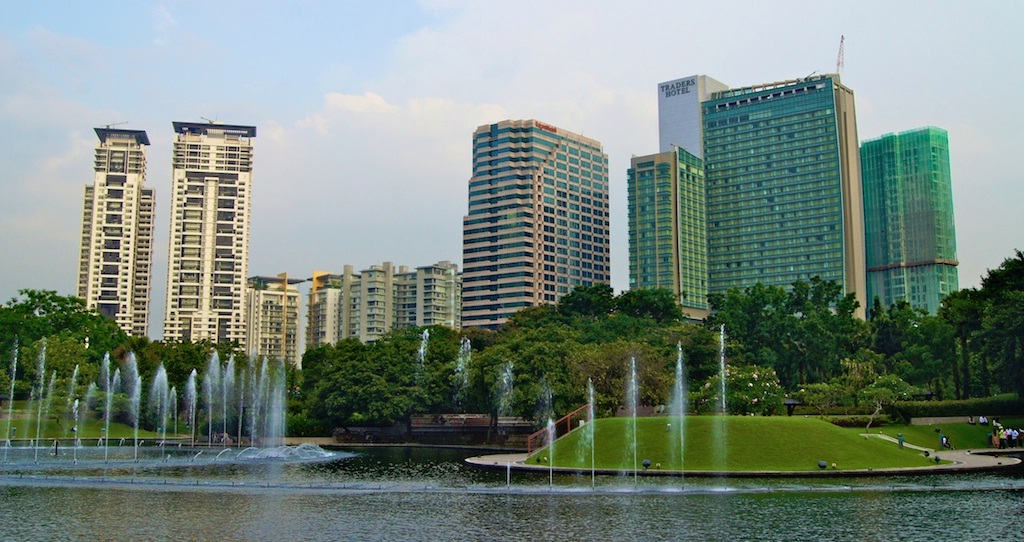

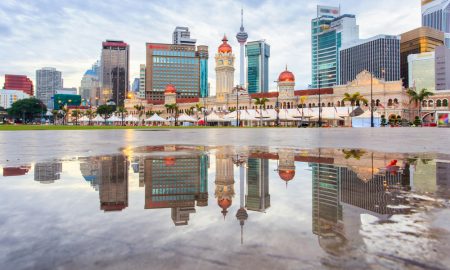






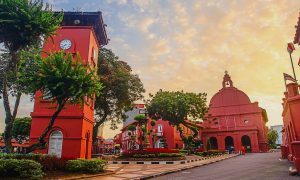













The government must get in revenue for its development. What’s happened has happened and now whatever mistakes were made we need to find a way to fund development. Taxes are really much needed. We hv beautiful beaches and also mountains and nature, people will come, it’s still a much cheaper destination than Europe, for example. Have faith ! We need to do all we can to generate money
What about expats who earn in Malaysia and pay malaysian tax?
time to look for freebies https://www.facebook.com/ExploreMelaka/posts/453225998360278
Its already tabled 3 times!
Here no table. Simply implement.
Actually, it was already tabled in April. That’s when it was passed in parliament and made law.
At least overseas tabled.
I better holiday overseas. Wa wa wa.
Not even tabled?!!..made law??..